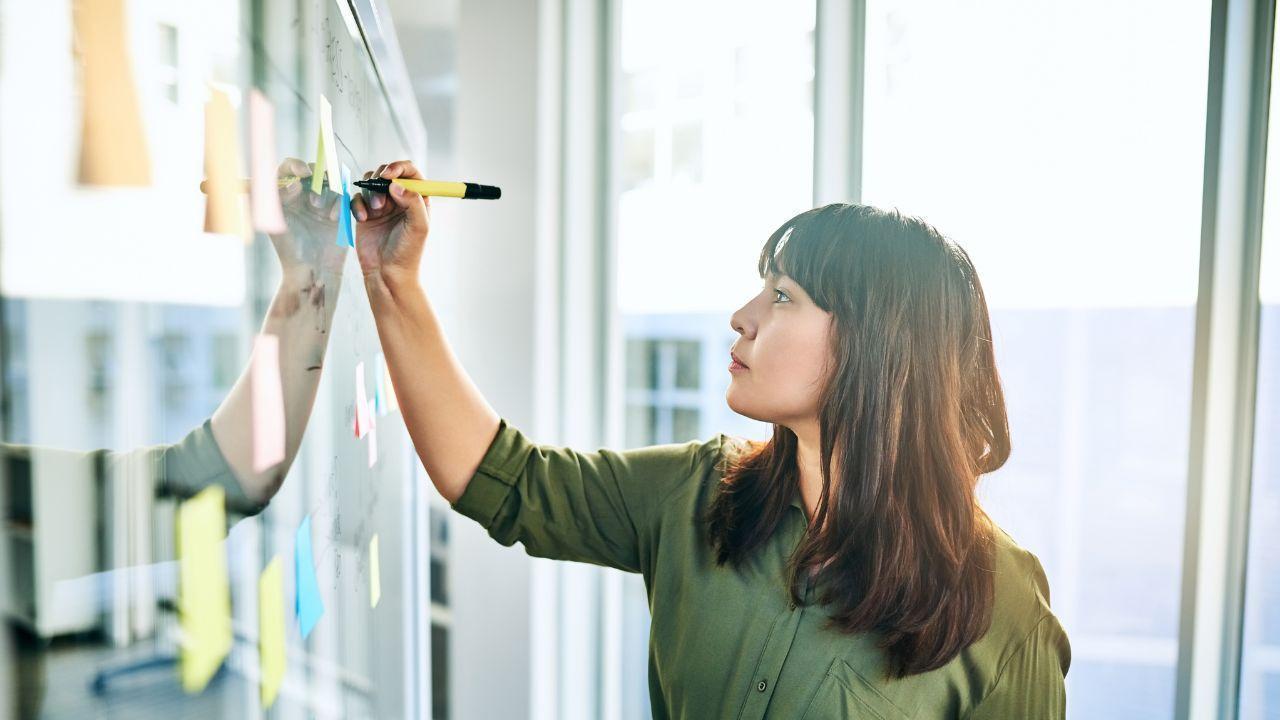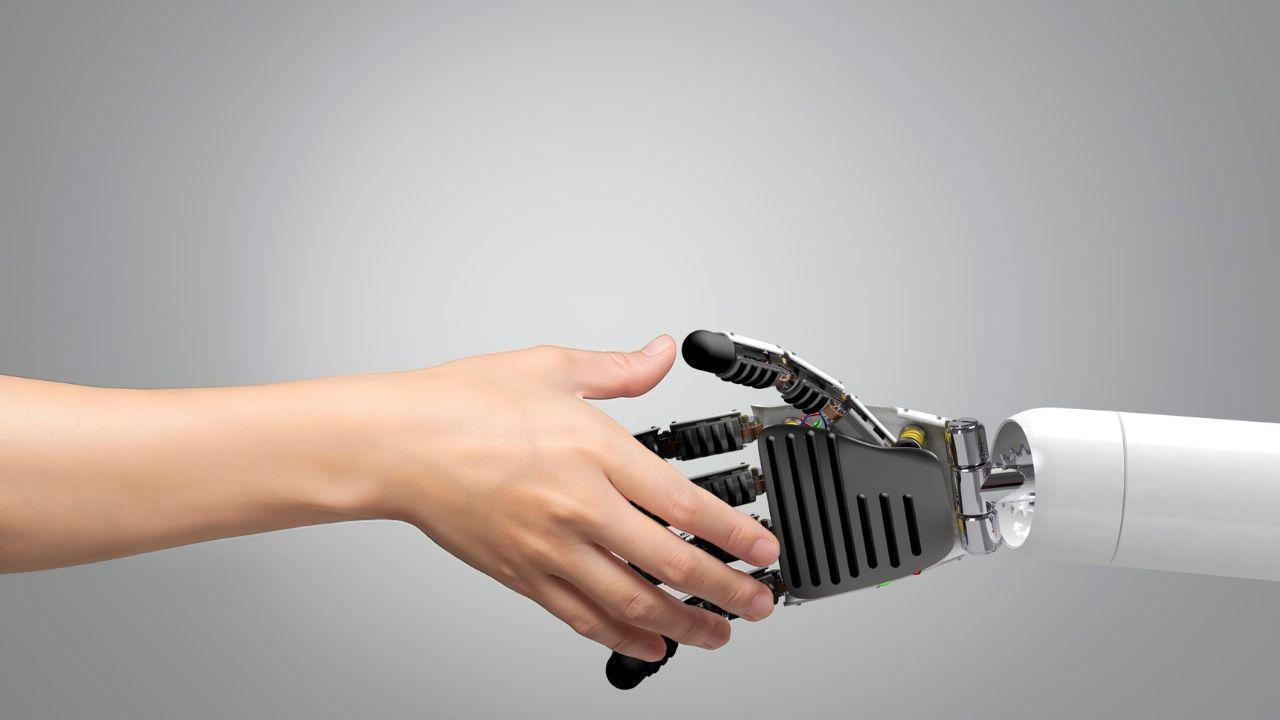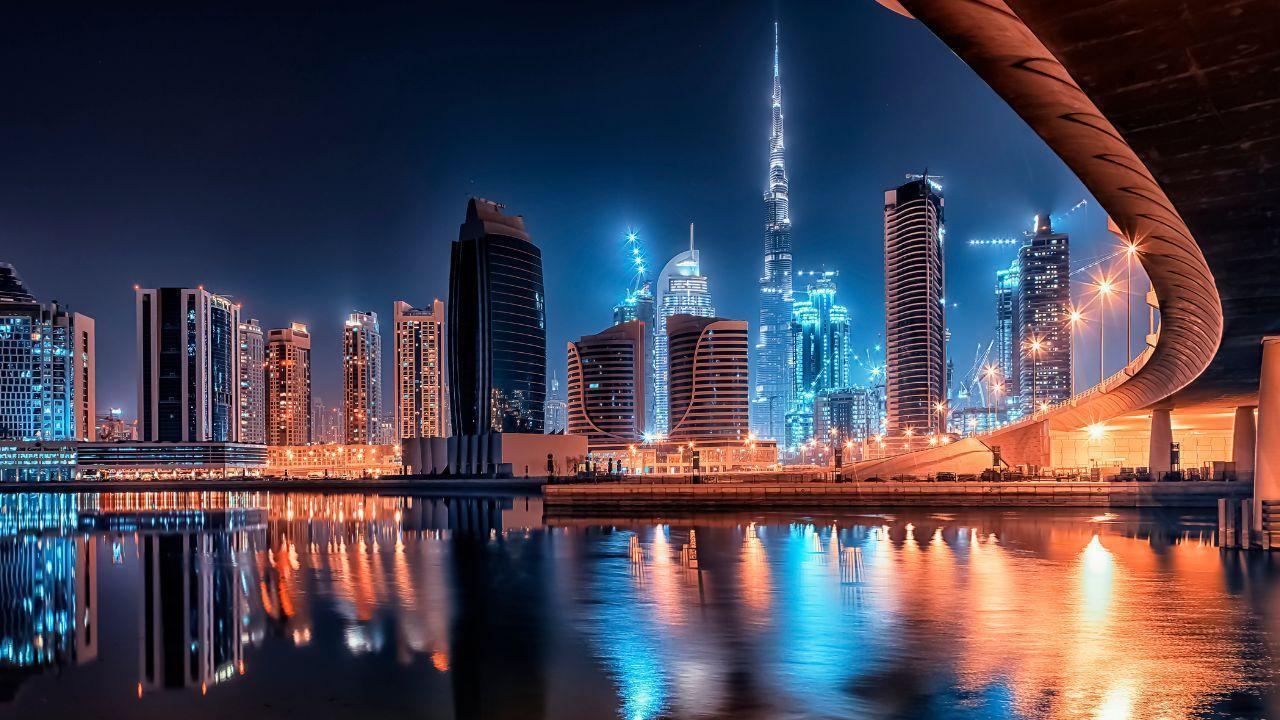
Post by: Vansh Kumar
Dubai, a name that now resonates worldwide as a symbol of modernity and progress, was once a quiet desert oasis, home to small fishing villages and a thriving pearl industry. Over the past few decades, Dubai has undergone one of the most remarkable transformations in history, evolving from a modest trading hub to a global city renowned for its towering skyscrapers, luxury shopping, and booming economy. But how Dubai grew from a desert oasis to a global city is a story filled with vision, innovation, and bold decisions. Let’s explore this incredible journey and understand the key factors behind Dubai's rise to global prominence.
In the early 20th century, Dubai was primarily a modest fishing village and an important center for pearl diving. Its location along the Persian Gulf made it a crucial stop for traders moving goods between the East and the West. Dubai grew from a desert oasis to a global city due in part to its strategic positioning, which was utilized by traders who frequented the area for its access to maritime routes. While the city remained relatively small, the people of Dubai had a knack for trade, and the foundation for its future success was being quietly laid.
A significant turning point came in the early 1900s when the British government granted Dubai the rights to develop its own port. This early engagement with trade laid the groundwork for future economic development. However, Dubai’s transformation into a modern metropolis truly began with the discovery of oil in the 1960s.
The discovery of oil in 1966 marked a turning point in Dubai’s history, dramatically altering its economic and social landscape. How Dubai grew from a desert oasis to a global city is closely tied to its newfound wealth from oil. Unlike many other oil-rich countries, Dubai’s leadership was determined to use the revenue from oil to fuel long-term economic growth and diversification.
Rather than relying solely on oil, Dubai's rulers, particularly Sheikh Rashid bin Saeed Al Maktoum, focused on developing infrastructure, education, and healthcare. They invested heavily in building ports, airports, and other essential infrastructure that would help transform the emirate into an international hub for trade and tourism.
A crucial factor in Dubai’s transformation was the visionary leadership of its rulers, who recognized the need to diversify the economy and plan for a future beyond oil. In the 1970s, Dubai started investing in infrastructure, including the construction of a deep-water port at Jebel Ali, which remains one of the busiest ports in the world today.
This emphasis on infrastructure allowed Dubai to rapidly establish itself as a trading hub. By the 1980s, Dubai had already started to attract global businesses and became a popular destination for international travelers. The construction of Dubai International Airport, which opened in 1969, further solidified the city’s position as a global transportation hub, linking it to key cities around the world.
In the 1990s and 2000s, Dubai's leaders took bold steps toward how Dubai grew from a desert oasis to a global city by focusing on economic diversification. They sought to create industries that were less dependent on oil, including tourism, real estate, finance, and technology. One of the most ambitious projects was the creation of Palm Jumeirah, an artificial island in the shape of a palm tree, which became a global icon of luxury and innovation.
Dubai’s financial sector also expanded rapidly during this time, with the establishment of the Dubai International Financial Centre (DIFC) in 2004. This initiative helped attract international financial firms and set Dubai apart as a key player in global finance. In addition, Dubai’s government implemented policies that encouraged foreign investment, offering tax incentives and free trade zones to global businesses.
Tourism played an integral role in Dubai’s transformation. Once known primarily for its desert landscapes, Dubai began to emerge as a luxury destination with world-class shopping malls, five-star hotels, and iconic attractions such as the Burj Khalifa, the world’s tallest building. The construction of monumental structures, along with a robust tourism industry, helped to define Dubai as a city that blends modernity with traditional Arabian culture.
In addition to its luxurious resorts and entertainment options, Dubai became famous for hosting world-class events such as the Dubai Shopping Festival and the Dubai World Cup. These events attracted visitors from all over the globe and significantly boosted Dubai’s profile as an international tourism destination.
In the 21st century, how Dubai grew from a desert oasis to a global city was largely driven by its embrace of innovation and technology. The city has consistently been at the forefront of technological advancements, with ambitious projects like Dubai Internet City and Dubai Silicon Oasis attracting global tech companies. Dubai has also positioned itself as a leader in smart city initiatives, with plans to become the world’s first fully blockchain-powered government.
Additionally, the city’s leadership has embraced cutting-edge industries such as artificial intelligence (AI), robotics, and renewable energy. Dubai’s investment in these sectors ensures that it remains at the forefront of innovation and continues to drive global attention.
Today, Dubai is a thriving global city known for its incredible skyline, high standard of living, and world-class amenities. It has become a melting pot of cultures and nationalities, with millions of people from all over the world calling it home. Dubai’s economy is now one of the most diversified in the world, driven by sectors such as tourism, real estate, finance, and technology.
Dubai continues to evolve, with ambitious plans for the future, including becoming the world’s leading hub for innovation and sustainable living. The city’s transformation from a desert oasis to a global city is a testament to its visionary leadership, strategic investments, and commitment to progress.
Summary: This article explores the incredible transformation of Dubai from a desert oasis to a global city. It traces the city’s journey from its early days as a small trading hub to a thriving metropolis, driven by visionary leadership, the discovery of oil, and strategic investments in infrastructure, tourism, and diversification. The article highlights Dubai’s economic diversification, technological advancements, and global appeal, all of which have contributed to its status as a leading international hub for business, tourism, and innovation. Today, Dubai stands as a symbol of progress and development, poised to lead the world in sustainability and technology.
Disclaimer: This article is provided by dxb news network. The views and opinions expressed here are for informational purposes only.
#trending #latest #Dubai #DesertOasis #GlobalCity #DubaiHistory #CityTransformation #DubaiGrowth #DubaiEconomy #Innovation #ModernMetropolis #VisionaryLeadership #breakingnews #worldnews #headlines #topstories #globalUpdate #dxbnewsnetwork #dxbnews #dxbdnn #dxbnewsnetworkdnn #bestnewschanneldubai #bestnewschannelUAE #bestnewschannelabudhabi #bestnewschannelajman #bestnewschannelofdubai #popularnewschanneldubai

Dr. Rekha Raghuvanshi, a DM neurology student, was found dead in her hostel room in Gwalior under suspicious circumstances. Family denies suicide, investigation...Read More.

A man brutally murdered his wife & son in Jharkhand’s Saraikela district, using an iron pan. The accused was arrested after the shocking crime...Read More.














7 Free Ghibli-Style AI Image Editors to Try Now
Transform your images into Ghibli-style art with these 7 free AI tools. From dreamy landscapes to an

China Conducts Military Drills Near Taiwan
China's coast guard conducted patrols, inspections, and drills near Taiwan as Beijing announced mili

Man City’s Haaland suffers ankle injury, awaits tests
Erling Haaland picked up an ankle injury in Man City’s FA Cup win. He will see a specialist to asses

New E-Skin Enables Touchless Control and Robot-Like Sensation
Revolutionary e-skin mimics human touch, allowing touchless control, aiding robots, and helping peop

UAE to Launch Digital Dirham CBDC by Year-End for Secure, Efficient Payments
The UAE will introduce its Digital Dirham CBDC by year-end, enhancing security, transparency, and ef